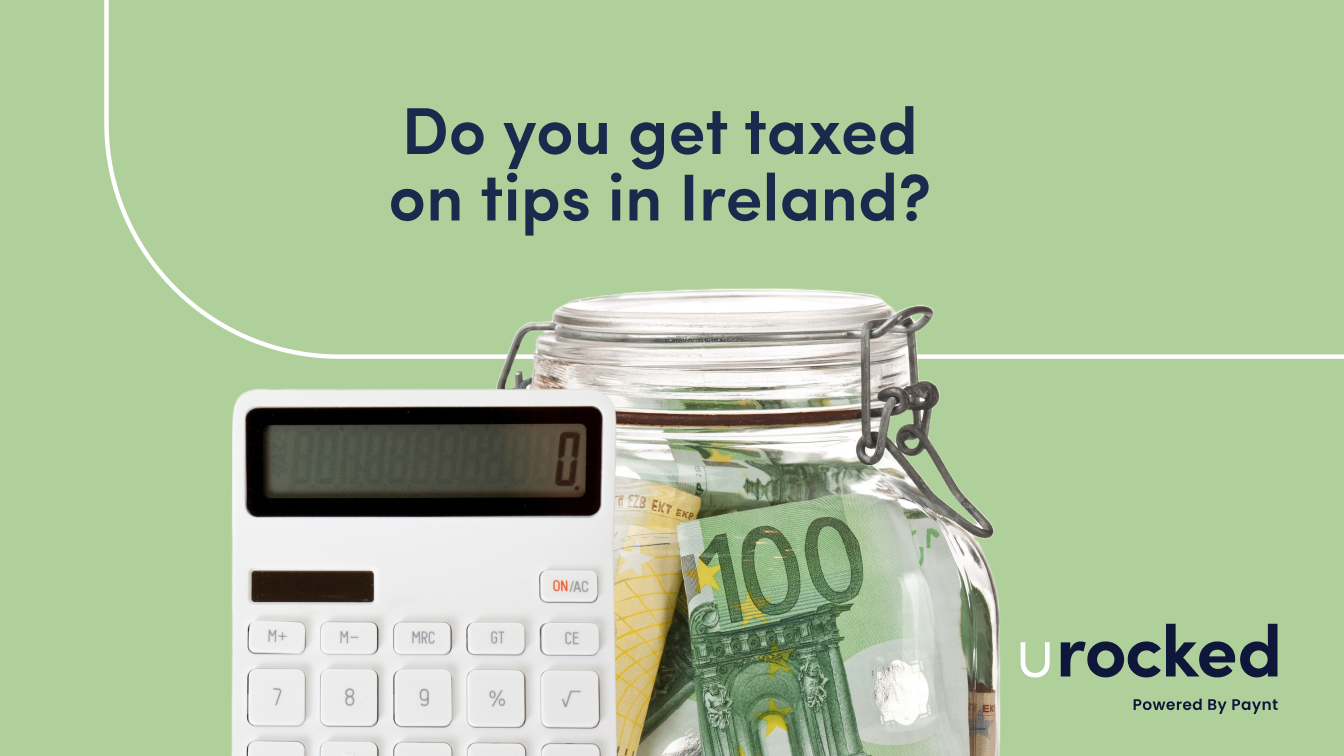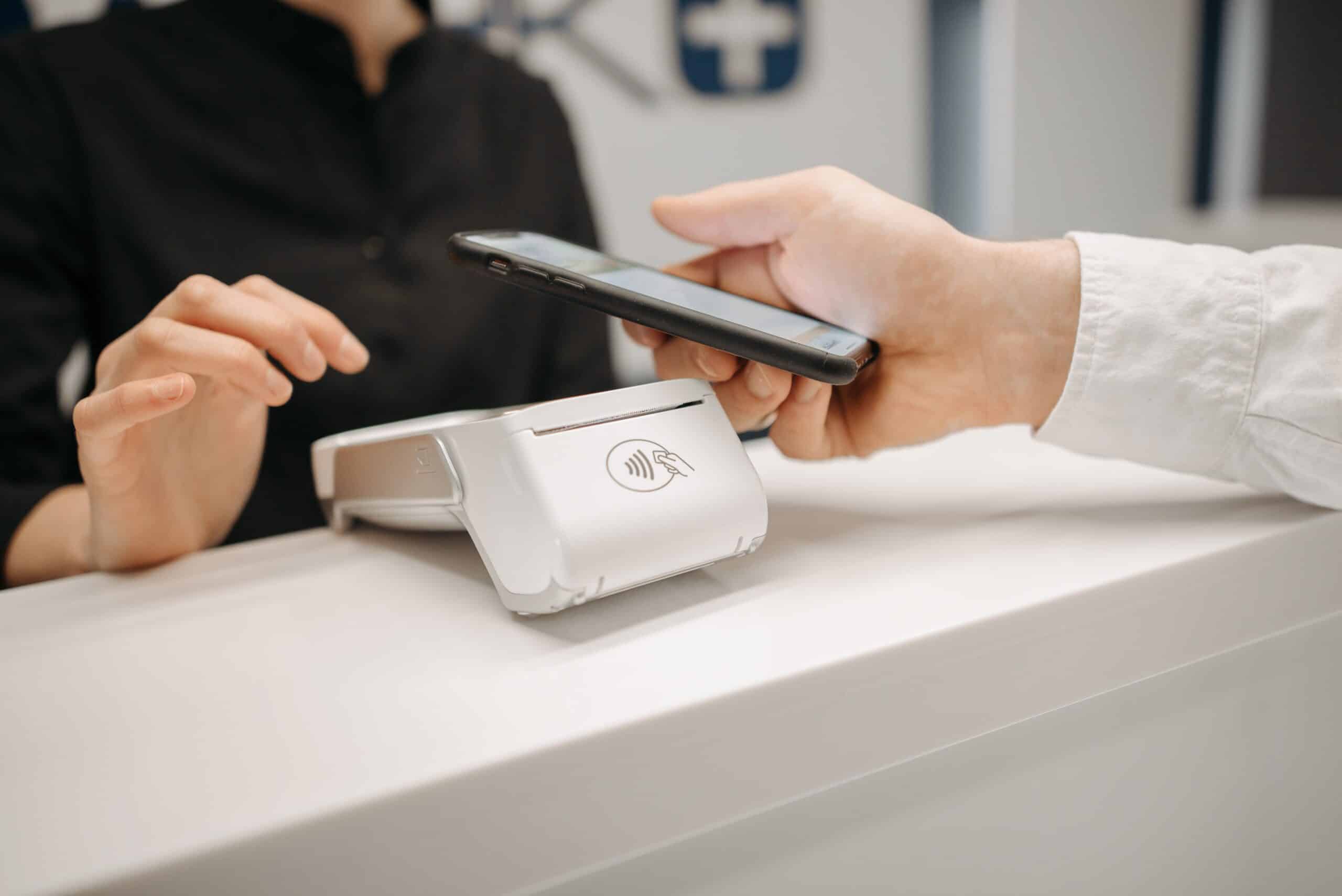

Understanding how tips are taxed is essential for both employees and employers. Currently, there is no specific legislation in Ireland offering tax-free allowances for tips, meaning they are treated like any other income. Recent updates have reshaped how tips and gratuities are handled legally, emphasising fairness and transparency.
This article looks into the legal framework, tax implications, and VAT considerations surrounding tips in Ireland, offering clarity and guidance for all involved in the service industry.
In Ireland, there have been recent important changes in how tips and gratuities are legally treated, impacting your rights under the law. New laws have been introduced to make sure that handling this income is fair and transparent.
Since its introduction The 2022 Payment of Wages (Amendment) (Tips and Gratuities) Act has been a pivotal vital law that protects your right to tips. It requires all service industry employers to distribute tips fairly among their staff. This law ensures that tips cannot be used to replace or supplement basic wages, providing important protection for workers.
For employees, this means that:
The Workplace Relations Commission (WRC) enforces this law and can penalise employers who do not follow it.

In Ireland, the taxation of tips and gratuities is an area that requires careful consideration. The tax treatment can vary depending on how the gratuity is paid and distributed to you.
When customers tip, whether it is in cash or through card payments, these tips add to taxable income in Ireland. For card tips, these are often processed through the employer’s payroll and are subject to PAYE (Pay As You Earn), USC (Universal Social Charge) and PRSI (Pay Related Social Insurance).
Yes, cash tips are taxable. Any additional income outside of your PAYE is subject to income tax. While they may not always be reported or tracked in the same way as wages, as per the Irish Revenue guidelines, you are responsible for declaring any cash tips received as they are considered part of your income.
If your employer distributes card tips or service charges, they should process these amounts through the PAYE system. This means that when your total earnings, including tips, are considered, tax, USC, and PRSI contributions are automatically deducted. The same tax obligations apply when reporting cash tips through PAYE.
Service charges added to a bill by the business are subject to VAT because they count as revenue. On the other hand, voluntary tips given by patrons directly to employees are not subject to VAT.

A business may get taxed on tips depending on how they receive the payment and allocate payments due for tips or service charge.
Below we see how a business processes payments that include tips and the implications on taxes. Let’s dissect the two scenarios:
-Transaction Amount: €110 (includes €100 for the service or product and €10 as a tip)
-Example VAT (Value Added Tax) Rate: 20%
Calculations:
–The business receives €110.
–The entire €110 is subject to VAT, meaning the VAT due is €22 (€110 * 20%).
–Assuming the €10 tip is to be passed to the waiting staff, this would ideally be done before the VAT is calculated. If not the tip will form part of the gross takings that VAT is calculated upon. However, if the tip is not separated from the transaction, it complicates the VAT treatment.
–After paying VAT, the business is left with €88 (€110 – €22 in VAT), from which it still needs to pay €10 to the staff. This leaves the business with €78.
-Gross Income Subject to Corporation Tax: €110, because the business initially records the full €110 as its income.
Implications:
–The business ends up paying more VAT because the tip increases the total transaction value VAT is calculated on.
–The tip, despite being intended for the staff, increases the business’s gross income subject to corporation tax.
–Transaction Amount Without Tip: €100
–Tip: €10, treated separately
–Example VAT Rate: 20%
Calculations:
–The business receives €100 for the service or product, which is subject to VAT.
–VAT due is €20 (€100 * 20%), leaving the business with €80 after VAT is accounted for.
–The €10 tip is kept separate and goes directly to the employee payroll. This is processed through payroll taxes and not subjected to VAT as part of the business’s gross takings.
-Gross Income Subject to Corporation Tax: €100, since the tip is not considered part of the business’s income when kept separate.
Implications:
–Separating the tip from the transaction simplifies VAT calculations, applying only to the service or product price.
–By excluding the tip from gross income, the business potentially lowers its corporation tax liability, assuming the tip is processed in a way that does not count as income to the business.
When tips are included in the total transaction amount and not separated, the business faces a higher VAT liability because the base amount on which VAT is calculated is increased by the tips. This also raises the gross income subject to corporation tax. By keeping tips separate and directly allocating them to staff, the business can avoid this additional tax burden, ensuring tips do not artificially inflate its taxable income.
In Ireland, the approach to managing tips within businesses is twofold: how tips are distributed among staff and how they are factored into payroll. These elements are crucial to ensuring that gratuities benefit you as the employee, while also complying with legal and tax requirements.
Businesses are responsible for the fair distribution of tips among staff. This process should be transparent, often necessitating a ‘tips and gratuities notice’. Service charges included on a bill by the business are VAT applicable as they contribute to the revenue. Conversely, voluntary tips given by patrons directly to employees are not subject to VAT.
When it comes to payroll, the employer must adhere to tax legislation by accounting for tips properly. Tips paid via debit or credit card should be processed through payroll. This ensures that taxes are appropriately calculated and deducted, forming part of your taxable income.
Make sure to verify that your employee’s contract accurately reflects the agreed rates of pay. This means the base salary should be distinct from any tips received, as relying on gratuities to make up minimum wage rates is unlawful. Employers should give clear documentation about how tips are handled and their impact on your payroll. This builds trust and transparency, safeguarding both your interests and those of the employer.

If tips provided by customers are not distinctly separated from payments for goods and services, businesses face the risk of inaccurately estimating their taxes and potentially incurring additional charges for payment processing.
Businesses can get particularly busy and bustling during peak months. Pairing with the right software such as URocked’s payment solution can save countless hours in admin and legal compliance.
By signing up with URocked, you can gain access to the following features:
-Direct Tip Transfer: Ensures 100% of tips go directly into employees’ digital wallets, removing the employer from the tipping process.
-Ease of Use: Allows customers to tip easily via click, tap, or swipe using their preferred payment method.
-No Cost for Receiving Tips: The platform is completely free for users, promoting a cashless and hassle-free tipping experience.
-Legal Compliance: Fully compliant with new tipping laws, ensuring fair and transparent transactions.
-Innovative Payment Options: Offers pay-at-the-table and mobile payment options, along with card and QR code tipping.

In Ireland, the conversation about tax-exempt gratuity allowances has picked up speed. Various sectors, from hospitality to personal services, are involved in the debate on whether tips should be exempt from tax or at least a certain allowance should be tax-free.
The Irish government has made its stance clear regarding the hospitality industry: tax-free tip allowances are not forthcoming. Despite lobbying from industry representatives, the Minister has ruled out any changes to the current taxation policy on tips, ensuring that all gratuities remain subject to tax.
Following the change in tax laws in France, tips made by both card and cash are now tax exempt. This change aims to make jobs in the hospitality industry more appealing due to a shortage of staff.
In the bustling world of hospitality and tourism, tipping is a customary practice that reflects a customer’s satisfaction with the service received. However, employees and employers must be aware that these monetary tokens of appreciation are considered taxable income by the Revenue Commissioners and must be reported accordingly.
For services like hairdressing, as well as taxi and delivery services, tips are a common part of the employees’ total earnings. People working in these sectors often rely on their tips to supplement their income. Despite calls for change, as it stands, these tips are also subject to income tax, just like regular wages.
In conclusion, understanding the taxation of tips in Ireland is crucial for both employees and employers alike. With no specific legislation providing tax-free allowances for tips, they are treated like any other income. Recent legal updates prioritise fairness and transparency in handling tips, ensuring compliance with tax and VAT regulations. This comprehensive guide offers clarity and guidance for navigating the legal framework, tax implications, and VAT considerations surrounding tips in Ireland, benefiting all involved in the service industry.

Navigating the complexities of taxation on tips in Ireland can be challenging. Here, we address some of the most pressing questions to ensure you are well-informed about your obligations.
Yes, as an employee receiving tips in Ireland, you must report this income to Revenue, usually through a Form 12. This encompasses cash tips that haven’t been processed through payroll.
The tronc system is a common method used in the hospitality industry where tips are pooled and distributed among staff. It is a pooled arrangement overseen by a troncmaster, who is responsible for the fair allocation of tips, which are then processed through payroll, with tax deducted accordingly.
Without allocating the service charge separately at the point of transaction then the business will report the entirety of the bill including service charge as gross income which is subject to VAT and corporate tax.
All electronic tips are required to be distributed to employees under the new legislation. Employers can take a fair share of tips if they, to a significant degree, perform the same work as its employees. Mandatory service charges are also required to be distributed to employees.
Employers in the hospitality sector have a duty to report and tax tips that are paid through payroll. They must keep records of tips received, distribute them appropriately, and ensure that they comply with tax regulations, including taxes due on tips declared by employees.
